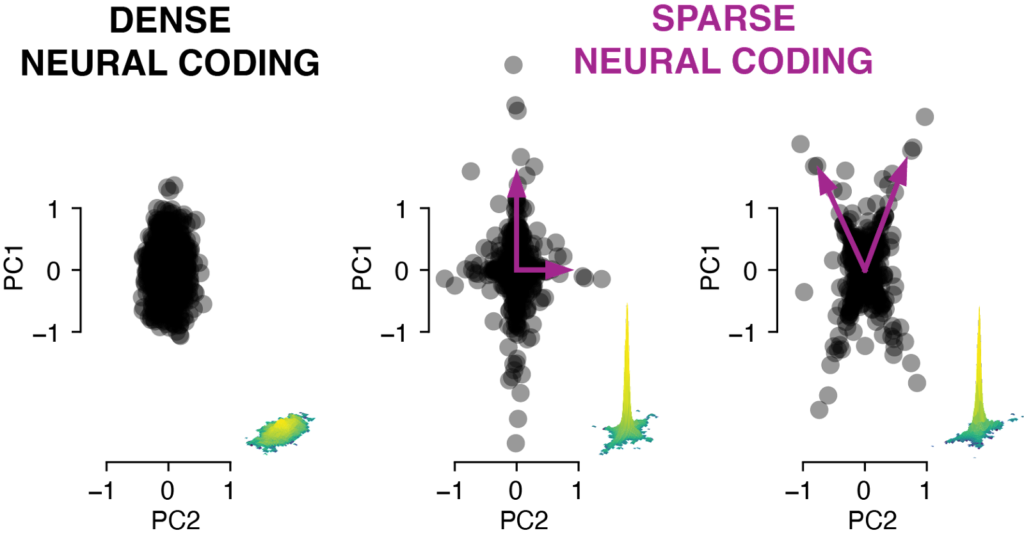Neuro-Inspired Resource-Efficient Control of Technical Systems (“Neuroscience in Roboto”): Solutions for Sparse and Efficient Neural Codes across Brain Regions

Today’s state-of-the-art robotic systems, including brain-machine-interfaces and prosthetic devices, hold numerous promises for our daily lives, ranging from providing enhanced or augmented experiences, to restoring or replacing lost sensory, cognitive and motor function in case of disease. The efficacy of such systems, however, is often limited by constraints imposed by their power budget, limiting e.g. the number of recording channels or demanding frequent recharging of the device. In biological systems, such as the brain, numerous solutions and special adaptations have evolved to provide sparse and efficient representations of our environment and drive our actions. In this project, we will investigate principles of neural coding from a resource-efficiency point of view, with the aim of using the solutions invented by nature as inspiration for technical systems. We will quantitatively compare the neurobiological solutions found in different areas of the brain, ranging from early sensory areas to high-level areas related to cognition. We will also test the universality vs. specificity of the identified solutions by comparing coding principles found in different species, ranging from mouse to human.
Bio-Inspired Design
Supervising PIs
Contributing PIs

Most robotics-enabled medical aids in real use, e.g. prosthetic devices, are still too costly, fragile, and unintuitive to be widely used. In the last decade, novel theories and technologies are leading the next generation of high technology bionic aids.
One promising direction consists of the application of the knowledge of biological systems to develop innovative solutions and overcome technical problems. In this project, we will explore the combination of a design method inspired by nature with solid neuroscientific theoretical bases, to develop novel intelligent and reliable bionic aids. Moreover, this approach could promote the sense of embodiment and ownership. The functionalities and user-perception of these bio-inspired devices will be tested in a real-life scenario and with end-users.
